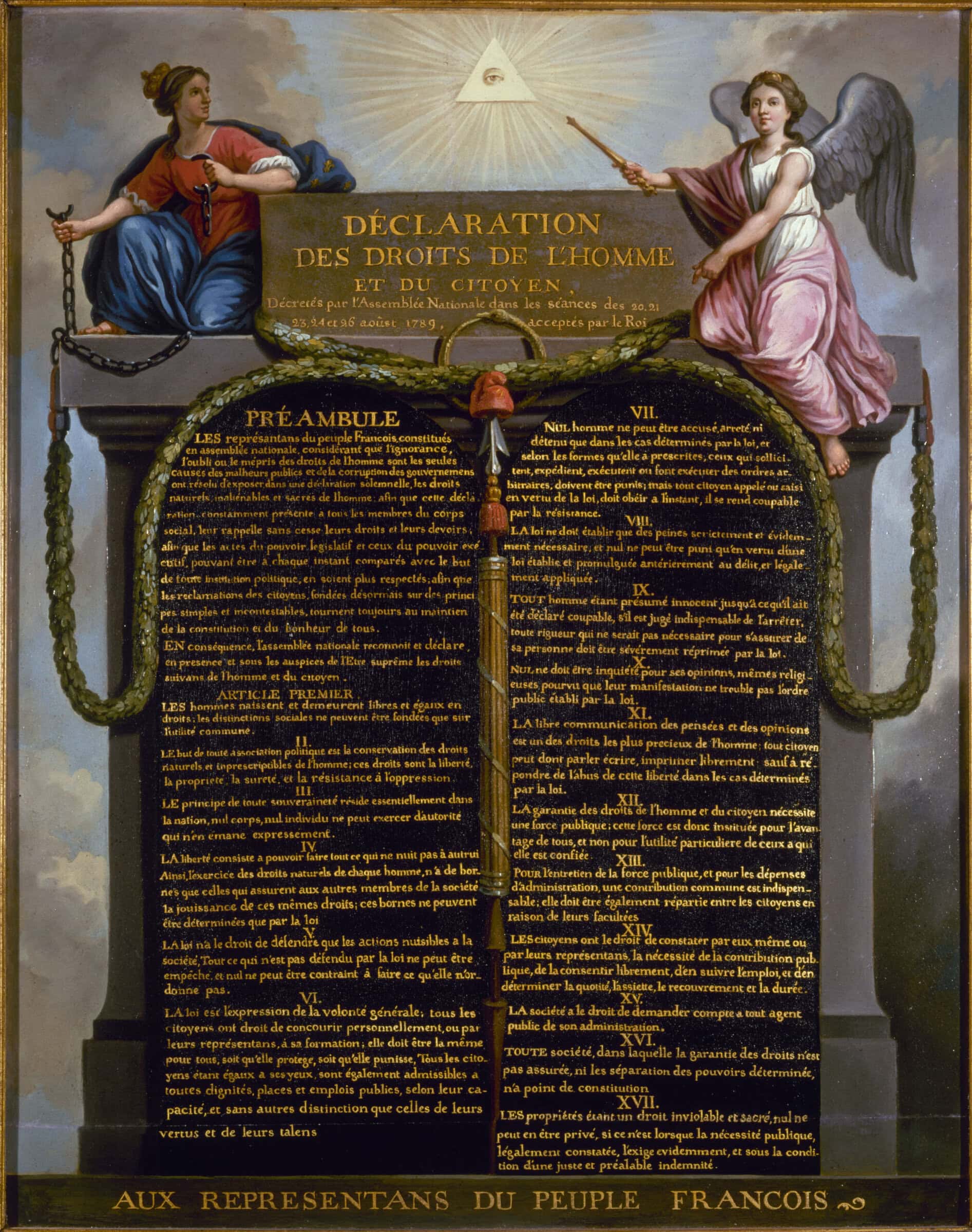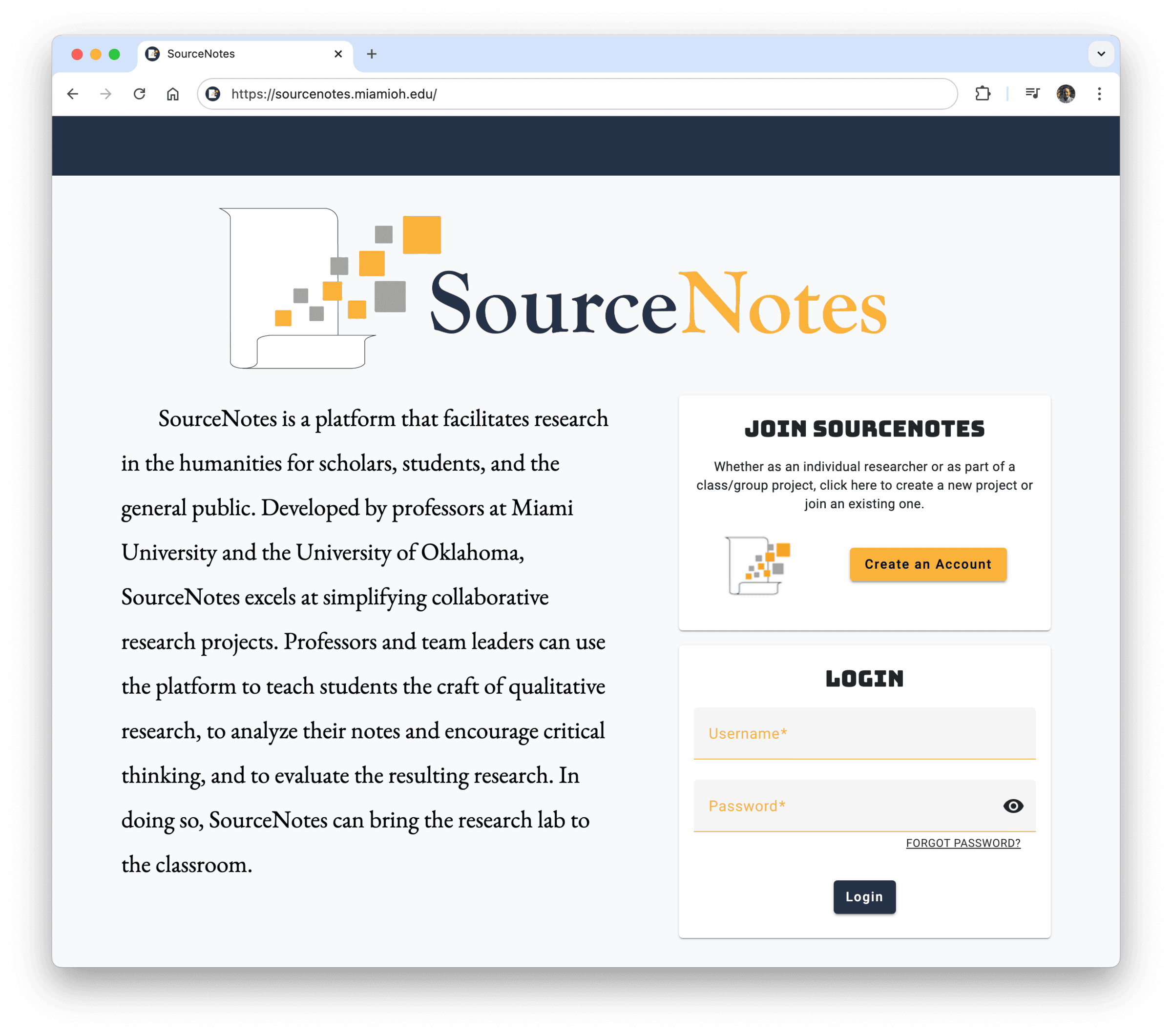Additional responses to the roundtable can be found here.
If a scholar gives a poorly received talk, should it be followed by a discussion about whether and how s/he would enjoy being sexually assaulted by the audience? This is what happened to me in the unmoderated comments section of a law professor’s blog.
If you disagree with colleagues about a high-profile criminal case, should you publicly mock them for years as racial hires with few scholarly qualifications? This happened to group of professors at Duke on a blog written by a history professor.
If you raise questions about the cultural boycott of Israel being promoted by some on the academic left, should you expect to be attacked in the comments section of your own blog, on Facebook and on Twitter, by historians and other scholarly colleagues you have known for several decades? I was.
Show me an academic who is uncivil on the Internet and I’ll show you someone who may already have a dicey institutional reputation. These bullies survive locally in part because academics have a very high tolerance for incivility that would be viewed as harassing, and even illegal, in another workplace (or if aimed at one’s unionized secretary). But intellectuals are rightly reluctant to impose constraints on expression, and we are aware that incivility can be highly contextual. What is considered acceptable speech from established scholars can be perceived as impertinent from marginal ones.
Well-articulated community expectations about civil speech are important, particularly now that so may exchanges occur online. Expectations can help most people understand the difference between being funny and nasty, forceful and belligerent, as they find a web voice. That said, expectations have little effect on people who act out of unregulated narcissism or hostility, who spend hours obsessing alone in front of a computer, who take pride in being politically incorrect or not conforming to other people’s rules.
It’s a problem on campus, but a more complex one in the virtual academy. Institutions are notoriously reluctant to police faculty behaviors that occur off campus, although that has not always been the case, and whether the web is “on” or “off” campus is a good question. Yet, when professional organizations provide clear guidelines, ethical violations do not have to occur on campus to draw scrutiny. Plagiarism and academic dishonesty are good examples: a single, highly public incident can free an institution to act on a longstanding pattern of destructive or deceptive behaviors towards colleagues and students. Furthermore, while a university cannot regulate an employee’s speech, it can regulate whether university equipment, servers, and email accounts are being used to disseminate that speech.
We must be thoughtful about imposing collective standards, or proposing sanctions, that engage questions of academic freedom and free speech. That said, Internet shaming is all too common and too difficult to interrupt. Jacqueline Jones recently noted that the AHA Professional Division now receives complaints about web incivility: that individuals are turning to the AHA for remedies suggests that their home institutions are not developing policies on web behavior; are ambivalent about enforcing the policies they have; and/or are failing to communicate regularly with faculty about what kinds of web behaviors are abusive. Dialogue with the various professional associations and the American Association of University Professors (AAUP) about web incivility will be crucial to moving forward on this issue.
Claire Potter is professor of history, The New School for Public Engagement, New York, and blogger at Tenured Radical.


